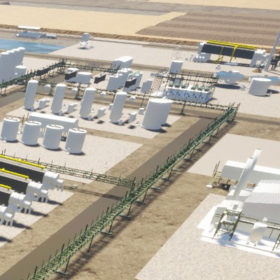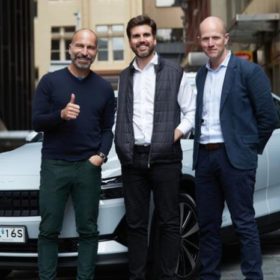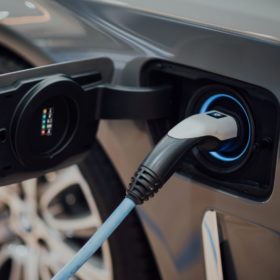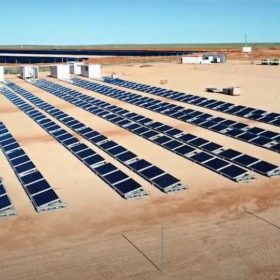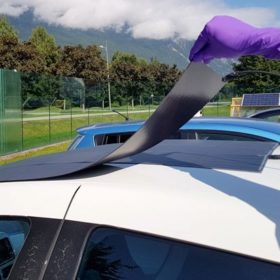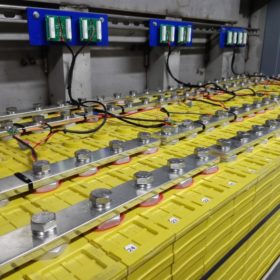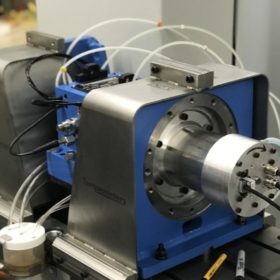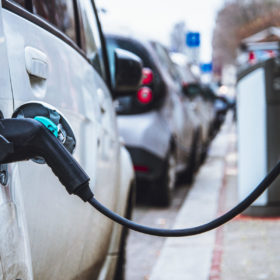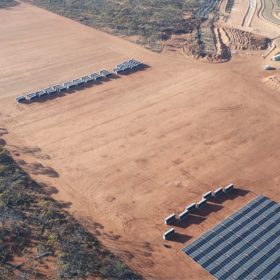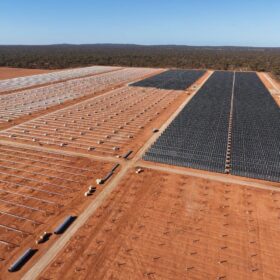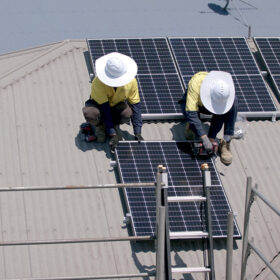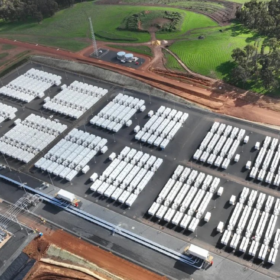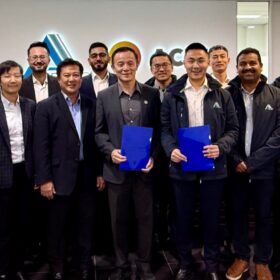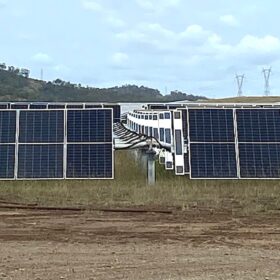QPM granted approvals for $2.1 billion battery materials plant
Queensland Pacific Metals announced it has secured all of the key approvals required for it to build its $2.1 billion (USD 1.41 billion) battery materials plant within the Lansdown Eco-Industrial Precinct near Townsville in northern Queensland.
Uber announces plan to accelerate rollout of EVs on Australian roads
Rideshare giant Uber plans to accelerate the roll out of electric vehicles in Australia, teaming with Sydney finance company Splend to put 500 more electric cars on Australian roads.
Bowen points to manufacturing revival as part of national EV strategy
Australia’s car manufacturing industry could be restarted as the federal government considers ways to increase the affordability, supply and uptake of electric vehicle technologies.
Oz Minerals moves on plans for ‘world’s largest’ off-grid hybrid project
South Australia resources company Oz Minerals has given the green light to a $1.7 billion copper and nickel project in Western Australia that is to be powered by a mix of solar PV and wind generation which the miner believes will become one of the largest, off-grid hybrid projects in the world.
Vehicle-integrated solar kit may reduce frequency of recharging by 14%
Developed by the French research institute Liten, the prototype kit consists of a 145 W PV panel, a magnetic rear panel, and an MPPT charge controller. It also includes a battery and a micro-inverter that can be used to inject the stored energy into the grid when the vehicle is recharged.
Taiwanese battery maker targets NT for manufacturing plant
The Northern Territory government has signed an agreement with Taiwanese battery company Aleees and Western Australia-based miner Avenira to develop a battery cathode manufacturing plant in Darwin.
UNSW engineers build high-speed motor to boost EV range
A team of engineers from the University of New South Wales has taken inspiration from a bridge in South Korea to develop a new magnetically driven motor which has the potential to increase the range of electric vehicles.
Australia is failing on EVs. California shows it’s possible to pick up the pace
Among the many similarities between California and Australia, both are impacted by bushfires and climate change, and both are home to larger cars and trucks than is the norm in developed countries. They are dissimilar, though, when it comes to electric vehicles and vehicle regulations. While California has been pursuing low-carbon and electric vehicles for decades, Australia has trailed most developed nations.
Zenith plans Australia’s largest off-grid hybrid power plant for mining op
Australian battery minerals company Liontown Resources will install what is shaping to be the nation’s largest off-grid renewable energy hybrid power station at its $545 million Kathleen Valley Lithium Project in Western Australia, allowing the mine to be powered by 100% on-site renewables during periods of high wind and solar resource.
Bowen unveils emissions strategy to drive EV uptake
The Australian government will seek to introduce vehicle fuel efficiency standards to help get more electric vehicles into the domestic market and improve affordability of as part of a push to encourage more people to take up the low-emissions cars.
